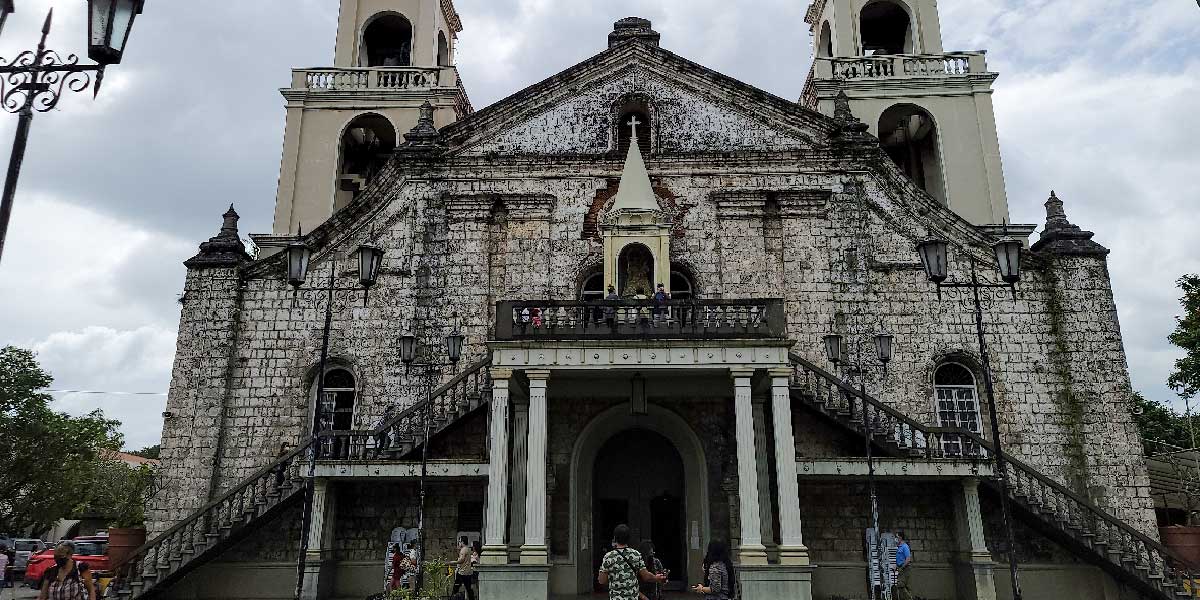
By: Dolly Yasa
BACOLOD City – The European Union (EU)-backed Governance in Justice (GOJUST) program welcomed the establishment of Bacolod City as a Justice Zone by the Justice Sector Coordinating Council (JSCC).
The JSCC, which is jointly headed by the Supreme Court, the Department of Justice (DOJ), and the Department of the Interior and Local Government (DILG), named Bacolod City as a Justice Zone on the basis of a JSCC joint resolution signed on August 15, 2019 at the Principal’s Meeting in Manila.
Representatives from the EU, DILG Secretary Eduardo Año, DOJ Secretary Menardo Guevarra, and Chief Justice Lucas Bersamin, accompanied by Bacolod City Mayor Evelio Leonardia spearheaded the launch morning of Aug 30,2019 at the Bacolod City Government Center.
Justice zones are areas where local justice sector agencies such as the police, prosecutors, judges, public attorneys, and managers of detention facilities showed outstanding coordination in identifying and addressing common challenges.
The selection of the city as the newest Justice Zone reflects the city’s demonstration of converged justice sector reform efforts like jail and court decongestion, the implementation of an electronic court system, peace and order promotion, and efficient public service among other.
These reforms make the city ready to institutionalize speedier coordination among justice sector agencies.
The launch was supported by the GOJUST program, which aims to facilitate increased communication, coordination and cooperation in the justice sector.
To do this, the GOJUST program taps JSCC at the national level and the roll out of the Justice Zone concept at the local level.
Enrico Strampelli, who represents on behalf of the EU, said the establishment of the city as the newest Justice Zone shows that the Philippines is making strides to bring about much-needed reforms in its justice system.
He further stated that the EU is also grateful for the collective leadership Supreme Court Justice Bersamin, DILG Secretary Año, and DOJ Secretary Guevarra for their commitment to advance the country’s justice reform agenda.
Through an agreed structure and a two-way communication with the JSCC, piloting of new activities can take place within the Justice Zone.
During the work planning of the Bacolod Justice Zone, stakeholders have proposed to strengthen the communication, coordination, and cooperation within and among criminal justice sector agencies.
Stakeholders also agreed to maximize the newly-approved guidelines on plea bargaining to get more drug users into rehabilitation instead of incarceration.



















